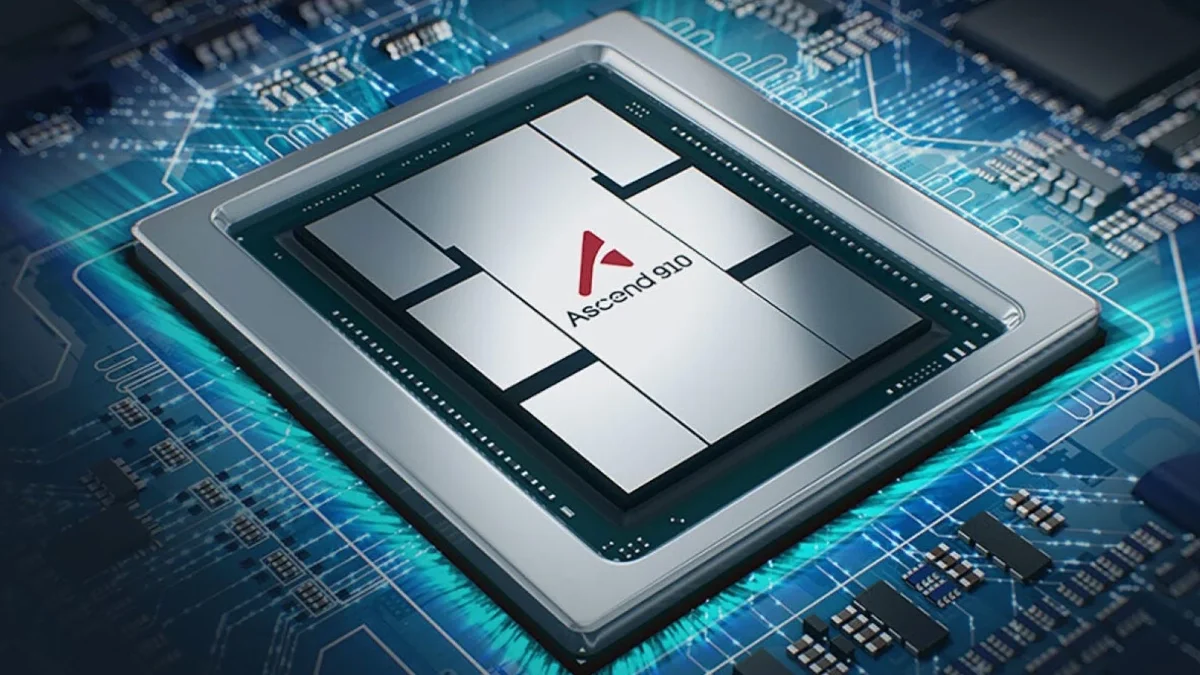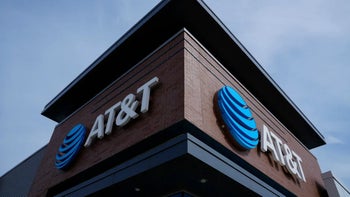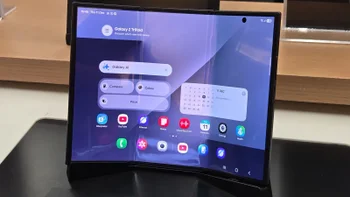China threatens legal action on anyone supporting US ban on Huawei's chips
China threatens legal action on anyone supporting US sanctions on Huawei's AI chips.

Recently we told you that the U.S. screwed up big time when it banned Nvidia from shipping its new H20 AI accelerator to China. While the goal was to keep the chip out of the hands of the Chinese, the move had an unintended effect. By eliminating a competitor from the Chinese market, the U.S. government was helping Huawei generate larger domestic sales of its AI accelerator chips. In China, Nvidia once had a market share of 95% for its AI chips. But the U.S. restrictions have dropped that down to 50%, helping to prop up Huawei.
A new report today from Bloomberg refers to this battle over AI chips between China's Huawei and the United States' Nvidia. China was the instigator today as Beijing threatened to take legal action against anyone enforcing restrictions placed on Huawei's semiconductors by the U.S. China's Commerce Ministry said today that any entity helping the U.S. ban on Huawei's chips would be breaking China's Anti-Foreign Sanctions Law. The latter is designed to punish those who interfere in China's internal affairs.
Originally, the U.S. Commerce Department, the American agency in charge of the sanctions against Huawei, said that using Huawei semiconductors "anywhere in the world" would violate U.S. export controls. The "anywhere in the world" reference was eventually removed from the comment. In response, China said that the Trump administration's threats about chips went against recent trade talks held in Geneva.
The back-and-forth dialogue between the U.S. and China happened not too long after both countries had those aforementioned talks in Switzerland which led to an important 90-day time-out for some reciprocal tariffs. Despite China's aggressive action threatening anyone who prevents Huawei's AI chips from distribution, there seem to be some signs of hope for a better relationship between China and the U.S.
David Perdue, the new U.S. ambassador to China, was told by China's Vice Foreign Minister Ma Zhaoxu that he hopes the U.S. and China will work together to "promote ties." Perdue wrote in a tweet, "In my first meeting with Executive Vice Foreign Minister Ma Zhaoxu, I shared President Trump's priorities for the [U.S.-China] relationship. I look forward to working with the Ministry and [China's]counterparts to achieve concrete outcomes for the American people.
So it appears that underneath the tension over AI chips, there is a possibility that both sides agree to a wide ranging trade pact. However, there is no doubt that the Chinese are serious about establishing Huawei as a major player in AI and the U.S. is concerned about what the Chinese might be able to accomplish globally if Huawei can eat into Nvidia's dominant share of the AI accelerator market worldwide.
Follow us on Google News













Things that are NOT allowed:
To help keep our community safe and free from spam, we apply temporary limits to newly created accounts: